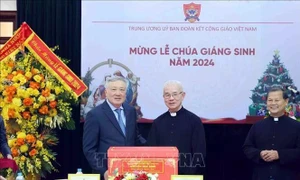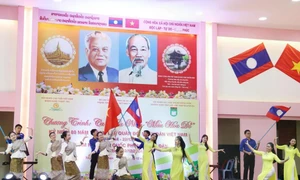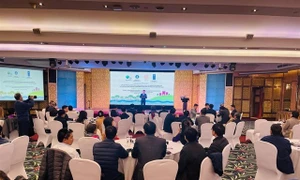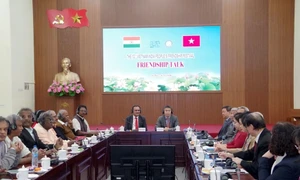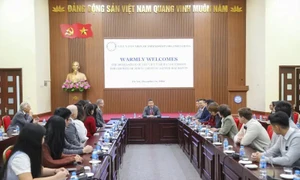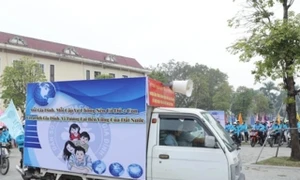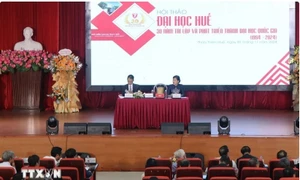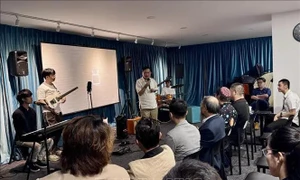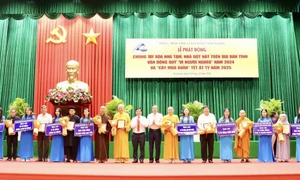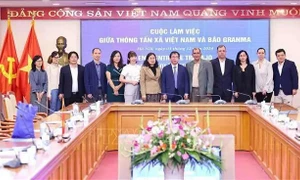
During the event, Deputy Minister of MOLISA Nguyen Ba Hoan said digital transformation has been changing all areas of social life, including labour and employment. It will affect the employment structure, requiring employees to change their working methods to be able to adapt and seize opportunities in the market.
Thus, businesses should change the traditional way of operation to fit a digitally transformed society and the Government should make flexible and timely decisions and digitise management, Hoan suggested.
According to Hoan, the impact of the COVID-19 pandemic has been a factor accelerating the process of digital transformation in the field of labour and employment in Vietnam.
However, Vietnam is also facing challenges in labour quality because workers with degrees and certificates at higher level account for just over 11% of the total workforce, as per ManpowerGroup’s research.
At the same time, the country's labour productivity is lower than that of many countries in ASEAN besides limited English skills of labourers, Hoan said, adding that workers with limited skills will be more vulnerable to the risk of job loss under the impact of new technology and science development.
Meanwhile, the increasing application of digital technology, smart devices in production and business activities is posing challenges to Vietnam's low-skilled labour market.
"The abundant and cheap labour source will not be a factor creating competitive advantages and attracting foreign investment. Vietnam may also be under pressure in job creation and will face an increase in unemployment or underemployment because of its large population but low quality of labour," he said.
In order to develop the labour market to adapt to the digital transformation process, over the years, the MOLISA and its units have implemented many solutions, including the application of technology and digitisation in connecting labour supply and demand, strengthening the consulting and job placement activities of employment service centers across the country and giving priority to improving vocational skills for workers to meet new requirements.
Andree Mangels, General Manager of ManpowerGroup Vietnam said technology is constantly evolving and so will the digital skills of workers. Employers need to adopt an agile approach to employee skilling and create long-term learning strategies that enable their workforce to do jobs that exist now and those that will be created in the future.
Participants at the event agreed that under the dual impacts of the digital age and the COVID-19 pandemic, the future of work for Vietnam will witness significant evolution in terms of workers and the workplace.
“Major trends like the growing importance of contingent workers, companies’ effort to rebuild employee capabilities via skill development programme, and the rising of hybrid work model in the new normal will take place,” Nguyen Xuan Son, Country Operations Manager, Staffing and Outsourcing services, ManpowerGroup Vietnam said.
Nguyen Thi Nga, representative of World Bank on employment, emphasised the importance of digital skills. "This is an important requirement for workers in the context of constantly changing work patterns and nature," she said.


